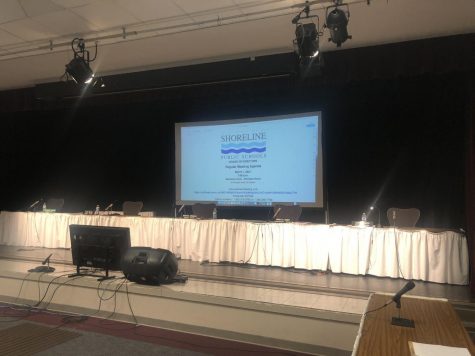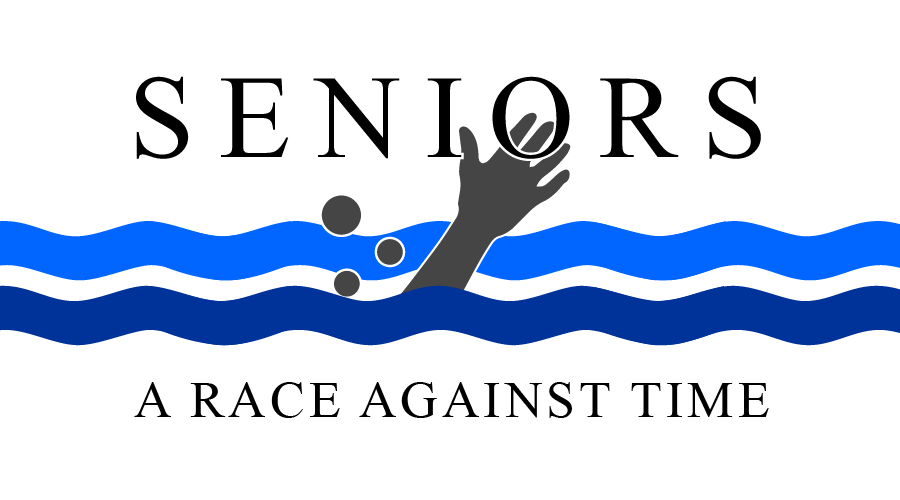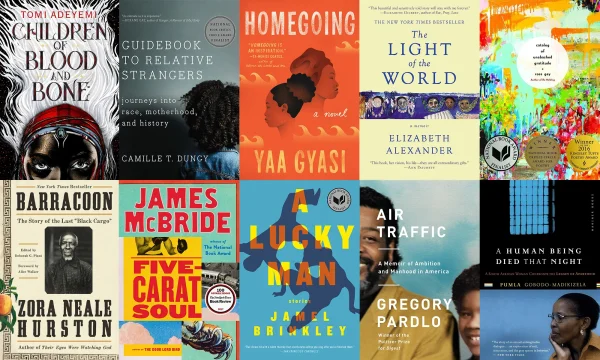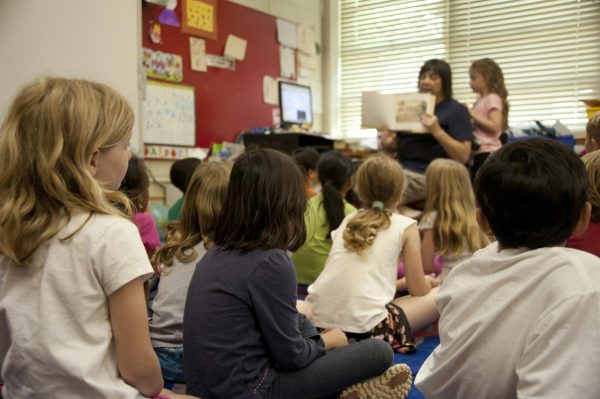Seniors: A Race Against Time
How the class of 2021 found itself at odds with a deadly pandemic

It’s March again. On the eleventh, Shorecrest High School will have been vacant of its students for one calendar year.
For students, school is our job. School comes with constant, high-intensity work which can rival most professional careers. We work six hours and forty minutes a day, and several hours more for our homework.
No human being will do thirteen years of full-time work for nothing. Labor is labor. There has to be some sort of compensation on a regular basis. Besides the possibility of juvenile prison for absences, there must be positive reinforcement. Compensation, after all, is the bright red line between fulfillment and enslavement and minors can’t really be expected to understand that they are being paid in knowledge.
It begs the question: What keeps us going? Should students not be constantly rioting against compulsory labor?
The answer is, of course, socializing. This is known by the likes of students, staff, parents, and even Hollywood.
The social aspect of the school is the single biggest fixation of students nationwide. Deshaun can put up with three hours of AP US History homework because at least he can look forward to his friend group’s trip to Safeway tomorrow at lunch. Lucas can submit to a hundred minutes of the lecture because maybe he’s making funny faces at his peers during class. Mohammed can take that AP test because he’s feeling pretty sure that it’ll all be worth it once prom comes around.
Without these reprieves, like any sane person, we would not permit ourselves to go to school. This is the sole reason why we have “school spirit.” It is, in short, our substitute for a salary. Socializing is the balance within our education system. Enter the coronavirus pandemic. There is no longer compensation for our student labor. With remote learning, we have all of the work and none of the payoff. It is far, far worse for the seniors. My class of 2021 is more than halfway through our last year of public education. Our senior story, so far, has been excruciating. Month, after month, after month, after month, the time has dragged on. My senior peers have been glued to the infrequent press releases from the Governor, the District, and our principal, scouring for whatever crystal-ball predictions that officials could come up with. We still, at the time of writing, have absolutely no idea if last March was the last time we will see our peers again. This has been unchanged for a year.
As we race towards the end of the pandemic, the experience has become far more gut-wrenching. Good and bad things are violently shaking up our chances of returning. There are three vaccines, but they probably won’t get to educators in time. K-5 is coming back for hybrid learning, but there is no information regarding high school students. Studies show that high school can be directed safely in-person, but the school district might not be able to move fast enough. A formative part of our lives has been left up to a myriad of gambles. The biggest question on our minds: will it be over in time? Regardless, a decision will have to be made soon. If the Shoreline Education Association, our local union, chooses to strike, or otherwise negotiate away the rest of the school year, it is a perfectly valid decision on their part. If the district and the union can reach an agreement on high school, that’s perfectly valid too. For grades 11 and under, it may, ultimately, not make that much of a difference. From a senior perspective, however, there is something that the forces in question should know. If the rest of the school year is a lost cause, don’t ever ask why we don’t have our cameras on. Don’t ever ask why we’re not going to class. Don’t ever ask why our assignments are late. Please, kindly, don’t put lemon juice on the wound.








